Large brands have everything it takes to succeed in marketing – large audiences, big budgets, and amazing in-house teams of marketing experts. They can afford full-page ads in popular magazines, buy billboard space, or create killer TV commercials. You must admit this is too much for your cash-strapped small business.
However, in digital marketing, especially paid advertising, the rules of the game are different. Pay per click – or PPC, for short – gives you an amazing opportunity to increase your brand visibility and even beat big brands in your niche.
Here are a few PPC tactics that will give you a leg up on your fiercest competitors:
Focus on customer intent when targeting keywords
Until recently, keywords have been the backbone of any successful PPC campaign. However, now that digital marketing is shifting towards more pleasant and targeted user experiences, keywords have started losing their initial importance. Some PPC experts have even predicted its slow death in 2019.
Aaron Levy emphasized for Search Engine Journal: ‘It’s been a long time coming; search engines have given us too many additional levers to handle along with keywords. I believe next year will the beginning of the end for keywords as a primary search lever.’
Therefore, instead of targeting exact-match keywords that usually don’t result in customer conversions, you need to shape your keywords around your searcher intent. In other words, you need to understand which phrases your customers use and what the reason behind their search is.
This is where tools like Answer the Public can help. You just need to enter a keyword and the tool will provide a list of questions relevant to your query. This is a great way to see what problems your customers are facing.
It’s always a good idea to bid on long-tail keywords. They may have a lower search volume, but the searchers using them are closer to making a purchase. For example, bidding on ‘basketball shoes Nike’instead of generic ‘basketball shoes’ may result in more qualified clicks on your ad and bring in more conversions.
Finally, spy on your big rivals to see what keywords they bid on. This is where keyword research tools like SEMrush, Spyfu, or iSpionage can help.
Track your performance and optimise for best results
The coolest thing about PPC is that you can measure the performance of your campaigns from beginning to end. This is especially important for small businesses that don’t have deep pockets.
First, you need to choose the right KPIs to track. Measure them continually and compare them to the industry standards to spend your money where it matters most, decide how much to invest, and start generating positive ROI.
Now, even though your choice of metrics depends on various factors, there are a few key PPC metrics to track:
- The click through rate (CTR) tells you how many users clicked on your link, as opposed to people that saw your ad.
- Quality Score is a metric created by Google, combining metrics like your CTR, landing page experience, and ad relevancy to audit your ad.
- The cost per click is the price you pay for each click – it depends on a wide range of factors, such as your Quality Score, ad rank, maximum bid and so on.
- The conversion rate is the most significant PPC metric and the reason why you’re doing PPC in the first place. You can calculate it by dividing the number of conversions by the total clicks.
- Impression Share simply tells you how many people see your ad. When used alone, it may be a vanity metric and stellar impressions don’t necessarily indicate your campaign’s success. However, they still give you an insight into the overall exposure of your campaign.
It’s important to note that these metrics are not mutually exclusive – for instance, measuring your click through rate or impressions is purposeless if you don’t track your conversions. You should combine those that clearly indicate the progress of your campaigns.
Now, tracking your metrics across multiple platforms like Google Ads, Facebook Ads, or Twitter Ads may be a real pain – to save your time and focus on the creative aspects of your campaigns, you can use digital marketing reporting tools. These tools integrate with your important PPC tools, fetch your key data, and let you track it on a single dashboard.
Why should a customer choose you over a big brand?
One of the most significant elements of your PPC success is messaging. Your ad real estate is small and you need to use it strategically to rise above your competitors.
First, just repeating your major keywords in your headline or body copy doesn’t make sense. When not contextualised properly, these search terms may seem too spammy and aggressive.
Second, mind the phrases you use. For example, small businesses usually focus on terms like ‘experts’ in their ads. Unfortunately, in the world of online marketing, words like that have become clichés. As such, they don’t bring value to your users. They carry weight only when used in your customers’ reviews.
So, what to do? For starters, your goal is to emphasise as many advantages of your business as possible in such a limited space. To grab people’s attention and spark their interest in your business, your messaging needs to be relevant, authentic, and catchy.
Ask yourself what really sets you apart from big brands – for example, if your family has been running a local business for years, turn this fact to your advantage. Many customers tend to support local businesses instead of large corporations. Users also love free stuff so if you offer free shipping, free installation, or you have a cool customer loyalty program, your ad should scream that.
The point is – never expect a potential customer that knows nothing about you to click on your ad to learn more. Instead, use your ad to help them understand what your business is about before clicking on the link.

Your website needs to be user-friendly, too
Now that you’ve created unique and highly customised ads, it’s time to check how optimised your website is. Similarly to SEO, email marketing, or social media, paid advertising is just another lead generation channel. It puts your brand in front of the right people, grabs their attention, and entices them to click on your link. However, it’s your website where your conversions happen.
Your website reflects your business’ values. Most importantly, its content, design, and overall appeal tell your visitors how professional and trustworthy you are. If they need to wait for your page to load or need to click endlessly to find the desired information, they will simply leave you for one of your competitors.
So, if you haven’t updated your site recently, it’s time to give it a new look. Pay attention to big brands in your niche and see how what UX tactics they use to make their customers happy. Meanwhile, here are some basic tactics you should leverage to boost your site’s functionality:
- Start from your landing page. It needs to be relevant to your ad and inspire users to convert.
- Make it responsive. Ensure your site addresses the needs of both mobile and desktop users and adapts to the size of their screens.
- Boost your site speed. Users don’t want to wait for your page to load for more than 3 seconds. For starters, use browser caching, compress images, remove auto-play videos, and choose the right content delivery network.
- Simplify your site architecture to help users find the information faster.
- Add unique calls to action to guide users through different stages of their buyer experience towards making a purchase.
- Craft a nice ‘About Us’ page. Tell a story about your business and its people.
- Update your NAP (name, address, phone) information regularly. For small and mid-size business customers, this is the first indicator of your business’ credibility.
- Create quality content around your keywords. Cover the topics relevant to your customers and try to provide them with truly valuable tips that solve their specific problems.
Your small business can fight big brands
The PPC ecosystem is highly competitive – to compete against big players in your industry, you need to up your game.
- Start with your keyword research. Build it around your searchers’ intent and look at the search terms your rivals use.
- Choose the right metrics and monitor them regularly to invest in tactics that matter.
- Clearly emphasise your small business’ advantages over international brands.
- Polish up your site to make it user-friendly.
Hopefully these practices will help you!
Author bio:
Raul Harman is the Editor in Chief at Technivorz blog, a website dedicated to all things tech-related. Raul has a lot to say about innovations in all aspects of digital technology and online marketing. You can reach out to Raul via Twitter.
Speak with a SpecialistOur Pay Per Click Services


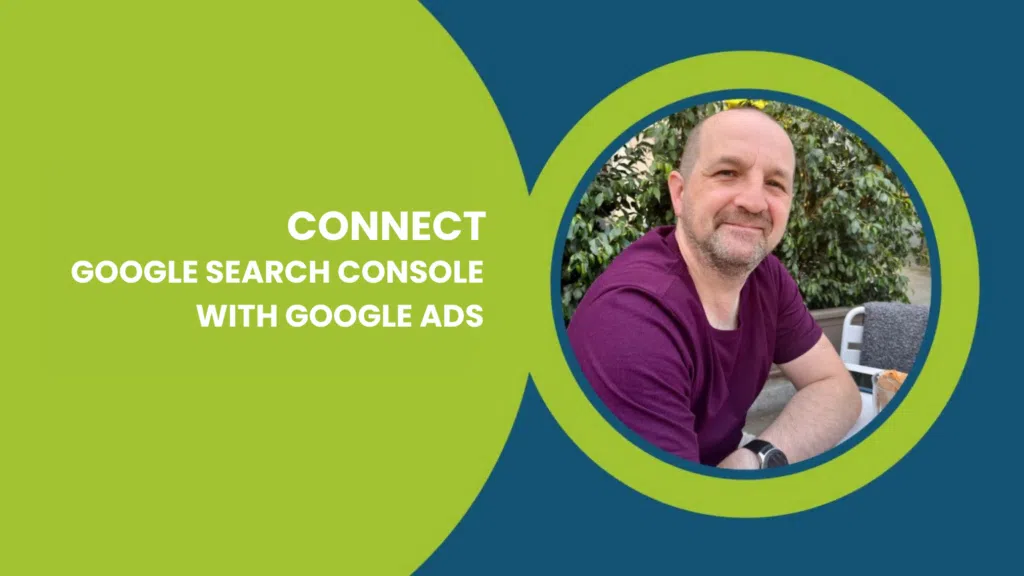
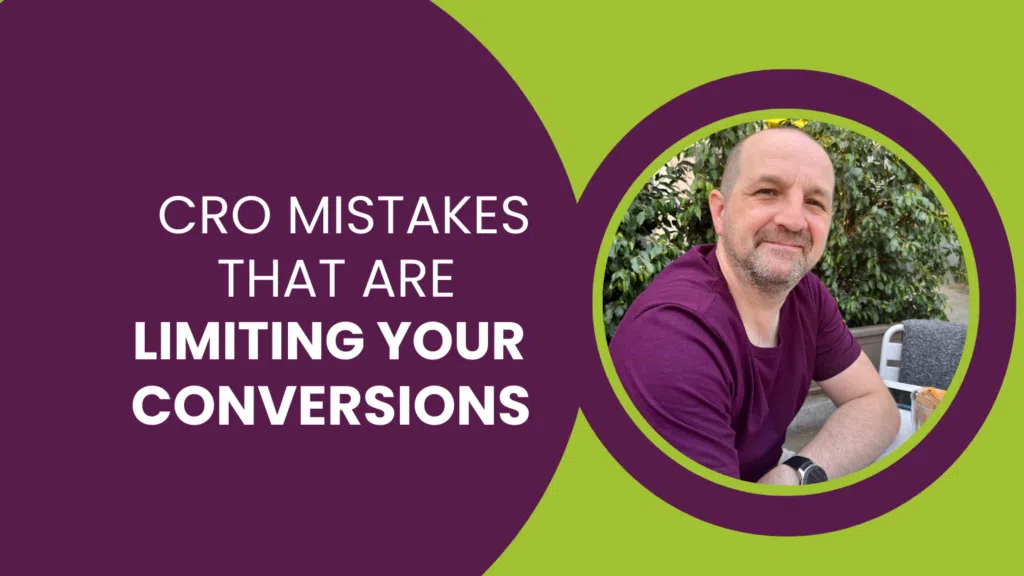
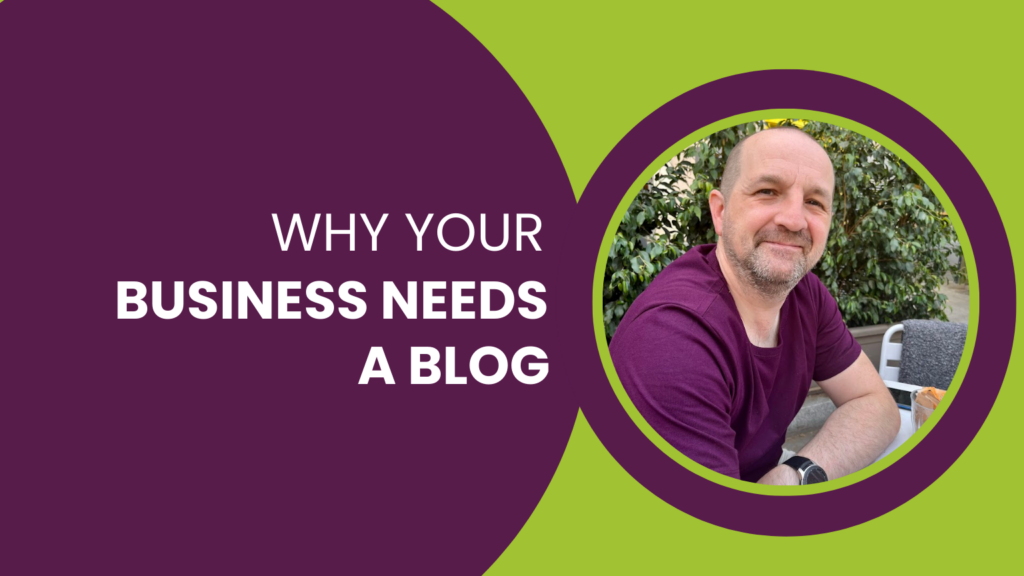
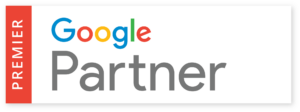
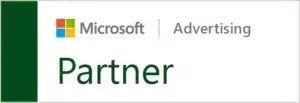

3 Responses
Pay Per Click is a internet marketing model for buying your website quality visits. This paid marketing model is really useful for any business. Your blog is great and useful for all marketers who are new in this industry. keep sharing !!
https://waterfallmagazine.com
I am really thankful to the owner of this web page who has shared this fantastic post at
at this time.
Nicely written post – Tracking paid ad campaigns is definitely a crucial element as it tells you so much about what is and isn’t working, and what can be done to improve your offering for better conversions and sales. You can also often beat bigger brands by being more targeted with your offering compared to bigger brands which tend to do broader based campaigns.